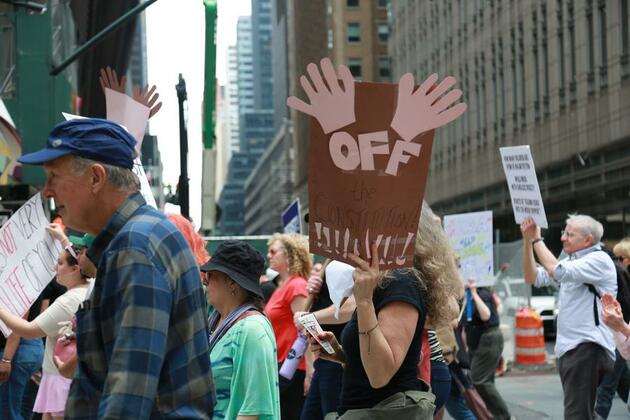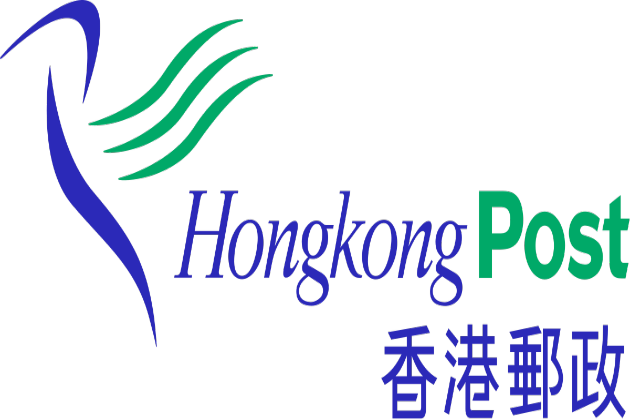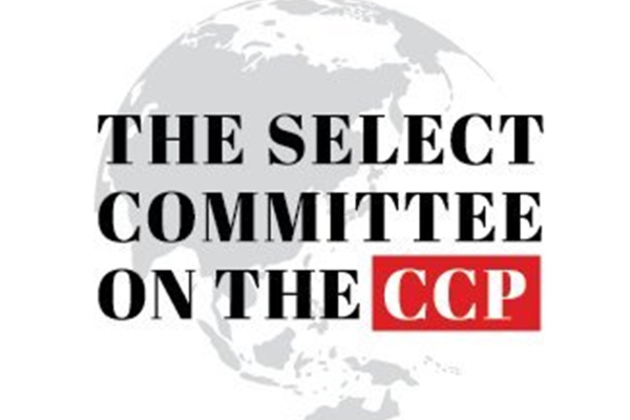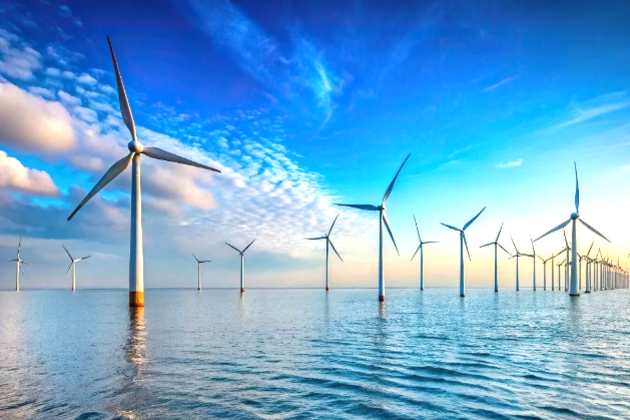Column: The Global South must speak as one against "reciprocal tariffs"
Xinhua
22 Apr 2025, 18:45 GMT+10

The current tariff crisis is a wake-up call -- unite or perish. It presents itself as not only a challenge, but also an opportunity for a unified Global South response.
by Mohammed Saqib
U.S. President Donald Trump's recent sweeping tariff agenda represents perhaps the most aggressive trade policy initiative in modern history. It is another sign of U.S. arrogance and unilateralism that has sent shockwaves across global markets. The staggering tariffs on U.S. imports threaten a trade disruption, destabilizing the global economy. These measures will likely damage supply chains, cause inflation, lead to global market volatility, and disproportionately harm the Global South members.
The current tariff crisis is a wake-up call -- unite or perish. It presents itself as not only a challenge, but also an opportunity for a unified Global South response, one that amplifies the voice and influence of developing nations in shaping international economic governance.
China faces punitive tariffs of up to a bizarre 245 percent, while India, though in a comparatively low position at 26 percent (currently on a 90-day hold), is in a precarious state between strategic autonomy and economic pragmatism.
The United States may label India "tariff king" for its trade practices, but it hypocritically imposes tariff burdens on nearly all its trade partners, regardless of their development status. This approach seems to be a strategy to reestablish unilateral U.S. dominance in global trade governance, in the guise of efforts to address trade deficits or protect American jobs.
The announced tariff on global imports shifts from targeted pressure to aggressive economic nationalism. Countries in the Global South, intricately linked to Chinese manufacturing networks, are bracing for a significant fallout.
Amid this economic chaos, the White House is using intimidation tactics. Policies are announced, held and withdrawn by the hour. Some nations are being tempted by offers of preferential market access from the United States in exchange for reducing their economic ties with China. However, countries should look at historical examples that strongly advise against falling into the trap of opportunism.
Negotiating individual deals with the United States may falsely suggest secure national interests but actually weaken collective bargaining power. Bilateral agreements offer neither security nor sustainability in a system that allows unilateral changes to rules. Global South members must understand that such deals can undermine their collective negotiating strength.
India and China, the fastest-growing large economies with a combined GDP of more than 22 trillion U.S. dollars and nearly 35 percent of the global manufacturing capacity, possess significant economic leverage. Their collaboration can potentially create substantial benefits for both themselves and the broader developing world.
By working together, the two countries can establish vital market access reciprocity, develop an alternative financial framework, harmonize technical standards and coordinate resources effectively for the Global South. This constructive partnership can pave the way for more equitable global economic governance. Moreover, accelerating de-dollarization and strengthening frameworks like the BRICS and New Development Bank could enhance their financial autonomy.
While India-China coordination is essential for an effective response, the broader Global South must be engaged. The Bandung Conference in 1955 and the WTO Bali Ministerial Conference in 2013 demonstrated the potential for South-South cooperation.
Developing nations can counter U.S. economic coercion and amplify their influence in international economic governance with solidarity, and India-China coordination is crucial. When these giants speak as one, the world will indeed listen.
Editor's note: Mohammed Saqib is the founder and secretary general of India China Economic and Cultural Council, a think tank on India-China's economic and cultural issues.
The views expressed in this article are those of the author and do not necessarily reflect those of Xinhua News Agency.
 Share
Share
 Tweet
Tweet
 Share
Share
 Flip
Flip
 Email
Email
Watch latest videos
Subscribe and Follow
Get a daily dose of Middle East Star news through our daily email, its complimentary and keeps you fully up to date with world and business news as well.
News RELEASES
Publish news of your business, community or sports group, personnel appointments, major event and more by submitting a news release to Middle East Star.
More InformationInternational Business
SectionAsian nations boost US energy buys amid trade tensions
SINGAPORE: Amid rising trade tensions, several Asian nations are stepping up energy purchases from the U.S. in hopes of easing tariff...
Report: Fuel prices unchanged in Ireland
DUBLIN, Ireland - Fuel prices across Ireland have held firm for another month, with no change recorded in petrol, diesel, or electric...
Hong Kong suspends goods deliveries to 'bullying' U.S. as trade tensions rise
HONG KONG - Mail services between Hong Kong and the United States are the latest casualty in an escalating trade dispute, with Hong...
Column: The Global South must speak as one against "reciprocal tariffs"
Demonstrators participate in a rally and march in protest of the Donald Trump administration's policies in New York City, the United...
DFM reveals agenda, speakers for 2025 Capital Market Summit
DUBAI, 22nd April, 2025 (WAM) -- Dubai Financial Market has announced the agenda and speaker line-up for the 3rd MENA Capital Market...
US lawmakers back trade action on China's shipbuilding tactics
Washington DC [US], April 22 (ANI): The Select Committee on China expressed its approval of the US Trade Representative's conclusions...
International
SectionTrump signs order to ease seafood industry rules
WASHINGTON, D.C.: President Donald Trump has signed an executive order directing the U.S. Commerce Department to ease regulations on...
World mourns loss of Pope Francis, dead at 88
THE VATICAN - The world is in shock and mourning on Easter Monday as it woke to the news that Pope Francis had died. Having recently...
Ex NYC police officer sentenced for illegal work tied to China
NEW YORK CITY, New York: A former New York City police sergeant, Michael McMahon, was sentenced this week to 1.5 years in prison. He...
U.S. halts Equinor's Empire Wind Project over environmental concerns
WASHINGTON, D.C.: U.S. Interior Secretary Doug Burgum has ordered a stop to construction of Equinor's Empire Wind project off New York's...
Asian nations boost US energy buys amid trade tensions
SINGAPORE: Amid rising trade tensions, several Asian nations are stepping up energy purchases from the U.S. in hopes of easing tariff...
US turns over border area to US Army to prevent crossings
WASHINGTON DC - In a bid to combat illegal border crossings, the Trump Administration has enacted an emergency transfer of some 110,000...











